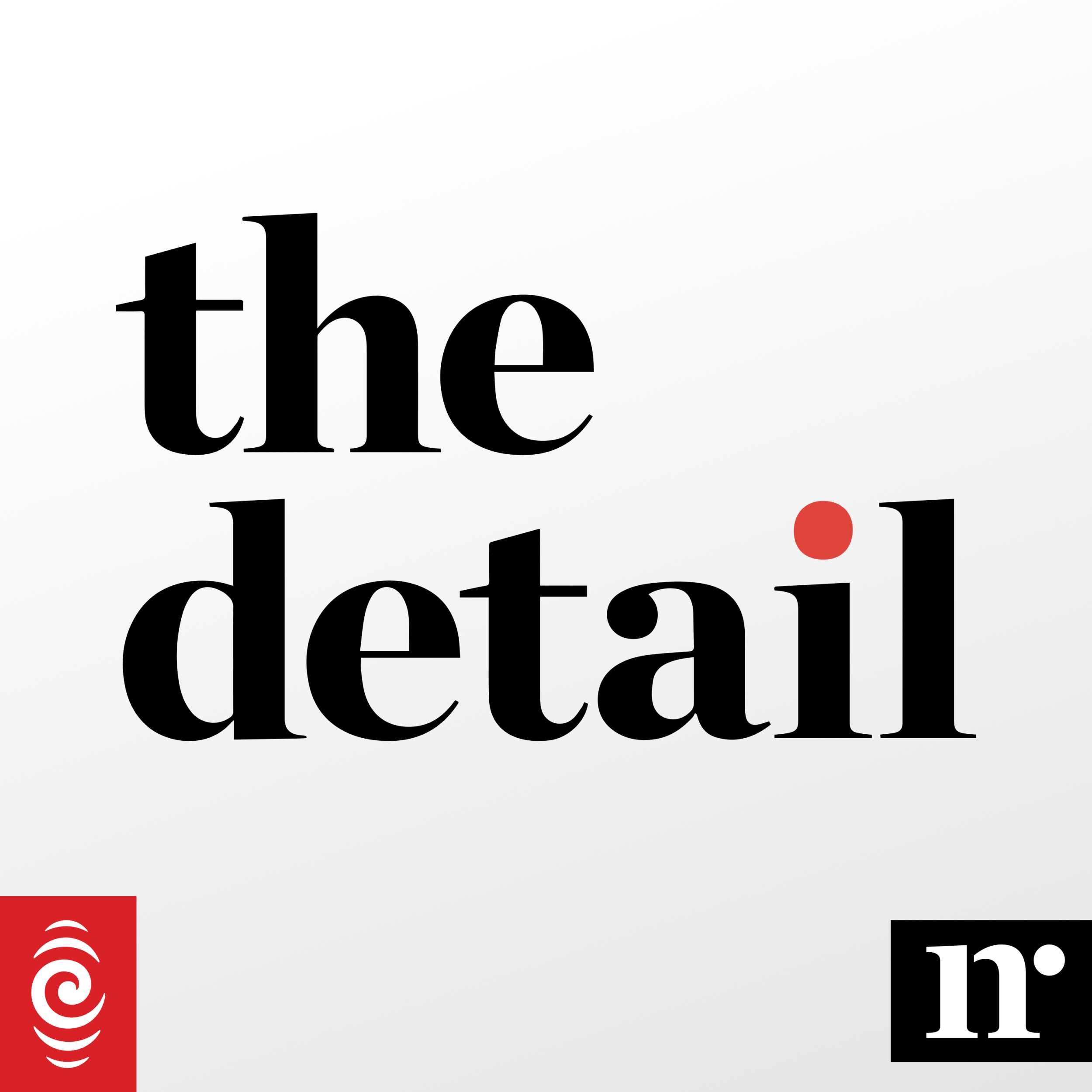
Episode description
Secret lists and capped budgets - how does Pharmac make its drug buying choices?
Pharmac holds the keys to New Zealand's medicine cabinet, and what it dishes out is never enough.
Close to 3,500,000 prescriptions for paracetamol are written in New Zealand every year.
It's just one of the treatments funded by Pharmac, the drug agency that barters with pharmaceutical companies to get medicines for us at the lowest cost possible.
Currently its yearly budget is about $1.5 billion, but apparently that's still not enough, with over 130 treatments on its Options for Investment list. That's a wish-list of drugs and medical devices that it would like to fund but can't stretch to.
These treatments are listed in order of importance, but the list isn't available to the public because Pharmac says it's commercially sensitive.
Doctor David Hughes is at the table where decisions are made and explains why it's kept private.
"If you're a supplier and you knew that you were number one on our list, you might not be particularly interested in negotiating a better deal," he says.
Hughes says there's a commercial tension, because Pharmac aims to buy as many medications as it can for the maximum number of New Zealanders.
He says being able to vigorously negotiate with suppliers is key and any advantage it can get is good.
But for friends and whānau or indeed individuals who are waiting for something on that list, being left in the dark only increases the anxiety about waiting for treatment.
Over the years several groups, organisations and committees have spoken out against Pharmac.
Even the former Health Minister Andrew Little publicly hit out at the drug buying agency stating "the days of the independent republic of Pharmac are over," following a scathing review into the body in 2022.
But Hughes defends Pharmac saying it has an extremely detailed review process, seeking expert advice from over 20 advisory committees, many of which are specialised in specific health need areas such as mental health, diabetes and cancer treatments.
"The journey to funding has many stages, some of which may be repeated as we get new advice or information. All of the process has clinical advice and critical appraisal of evidence at its core," he says.
Pharmac considers funding medications through its Factors for Consideration framework, looking at need, health benefits, cost and savings and suitability through the lens of the individual, their whānau and the wider community. …